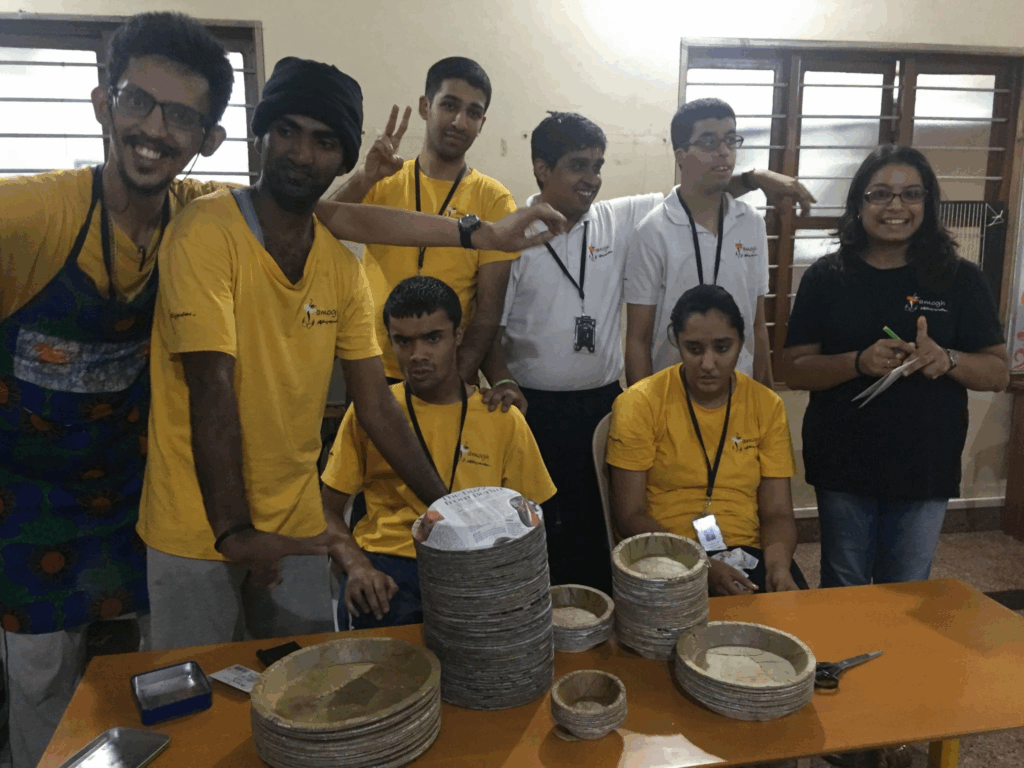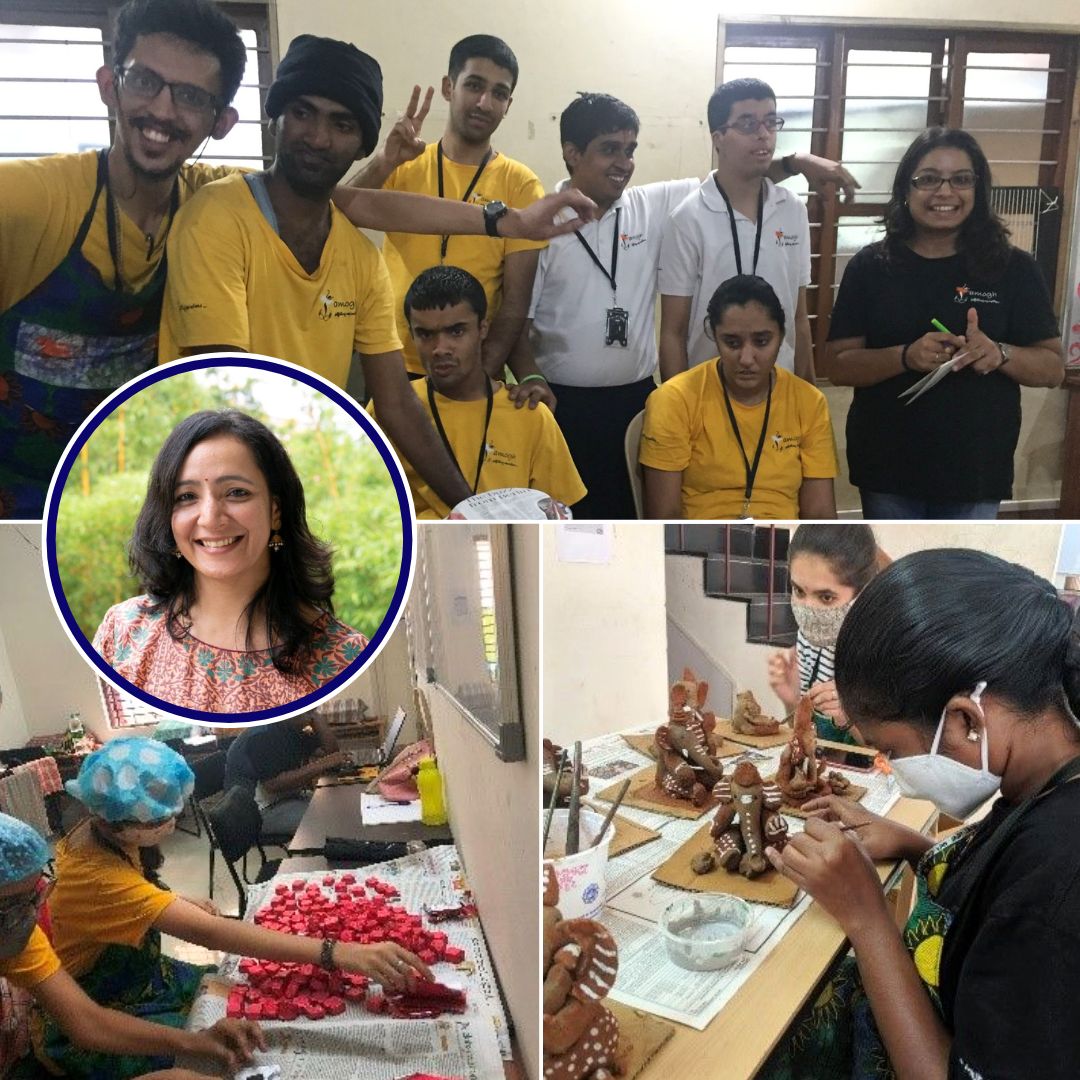Falguni Vora is a social development specialist based in Bengaluru, India, with over a decade of experience in social impact, philanthropy, corporate social responsibility (CSR), and project management.
Currently serving as a strategic advisor and freelance consultant, she assists NGOs, corporations, and government agencies in designing and implementing social projects targeting poverty alleviation, health, education, and livelihood enhancement.
In 2025, she has notably contributed to initiatives supporting capacity building for tribal women, youth employability skills, community healthcare access, and sustainable livelihood projects.

These efforts have mobilised partnerships across multiple stakeholders, including grassroots organisations, CSR teams of multinational corporations, and public sector entities.
Her work is part of larger collaborative networks such as Social Venture Partners India, which aims to impact hundreds of thousands of families across Karnataka, Telangana, and Maharashtra through social innovation and philanthropy.
Officials and peers acknowledge her role in embedding project management discipline into social interventions, which enhances transparency, accountability, and outcome measurement across the sector.
Sustainable Impact through Data Collaboration
Falguni Vora’s approach relies on aligning philanthropic investments and CSR programs with the developmental priorities of vulnerable communities.
For instance, associations with NGOs like the Shrimad Rajchandra Sarvamangal Trust include efforts to provide vocational training and employment opportunities to over 700 tribal women, directly impacting thousands more in their ecosystems.
In the urban health sector, Vora has supported programs based on the SATHI model a government-funded health insurance scheme providing secondary and tertiary hospitalization coverage to more than 100 million low-income families across India.

This model has expanded care access to 350,000 slum residents by training community health workers to reduce unmet surgical needs, which were found to be as high as 39% in some urban areas. These health initiatives underscore the importance of culturally-informed, data-backed strategies to overcome barriers such as caste, gender, and socio-economic disparities in healthcare utilization.
In youth education and employability, Vora is engaged with campaigns like ‘Classroom for Change,’ promoting school retention and skill development aligned with market needs. These projects employ continuous monitoring tools and feedback mechanisms to optimise their impact and scalability.
As a jury member of CSR awards and a senior specialist at the Indian Institute for Human Settlements, she advocates for the integration of social impact metrics into corporate reporting standards, fostering responsible philanthropy that goes beyond compliance to generate measurable socio-economic benefits.
Context and Evolution: The Indian Social Impact Ecosystem
The recent decade has witnessed a marked shift in India’s social sector, driven by legislative reforms such as the Companies Act 2013, which mandates corporate CSR, and a growing demand for accountability from donors and beneficiaries alike.
Falguni Vora’s work reflects this transition from fragmented charity to strategic philanthropy embedded with impact measurement and sustainability principles.
Her collaborations with Social Venture Partners chapters in Bangalore, Hyderabad, and Pune exemplify a multi-city effort to nurture emerging NGOs through funding, mentorship, and capacity building focused on entrepreneurial mindset development and livelihood diversification.
Moreover, the increased participation of women and youth as key stakeholders in social projects is reshaping intervention designs. Programmes aimed at tribal employment or urban slum healthcare increasingly use participatory approaches to ensure community ownership and contextual relevance.
Vora’s emphasis on transparency and data usage parallels global trends in social impact investing, where evidence-based outcomes are crucial for donor confidence and programme success. Her role in fostering these methodologies contributes to building an ecosystem where social innovations can be tested, adapted, and scaled efficiently.
The Logical Indian’s Perspective
The Logical Indian views Falguni Vora’s work as essential in demonstrating how rigorous project management can be harmonised with empathy and social justice to yield impactful outcomes. This fusion not only advances institutional trust but also encourages more systemic and sustainable approaches in philanthropy and CSR. By focusing on evidence and inclusive partnerships, her initiatives reflect a pathway toward equitable development where all stakeholders, especially marginalised voices, have a say.
The Logical Indian urges readers and organisations to think critically about how such methodologies can be adopted in their contexts to strengthen social cohesion and shared prosperity. How can communities, corporations, and policymakers collaborate more effectively today to bridge gaps in social service delivery and ensure that development initiatives leave no one behind?
If you’d like us to feature your story, please write to us at csr@5w1h.media












